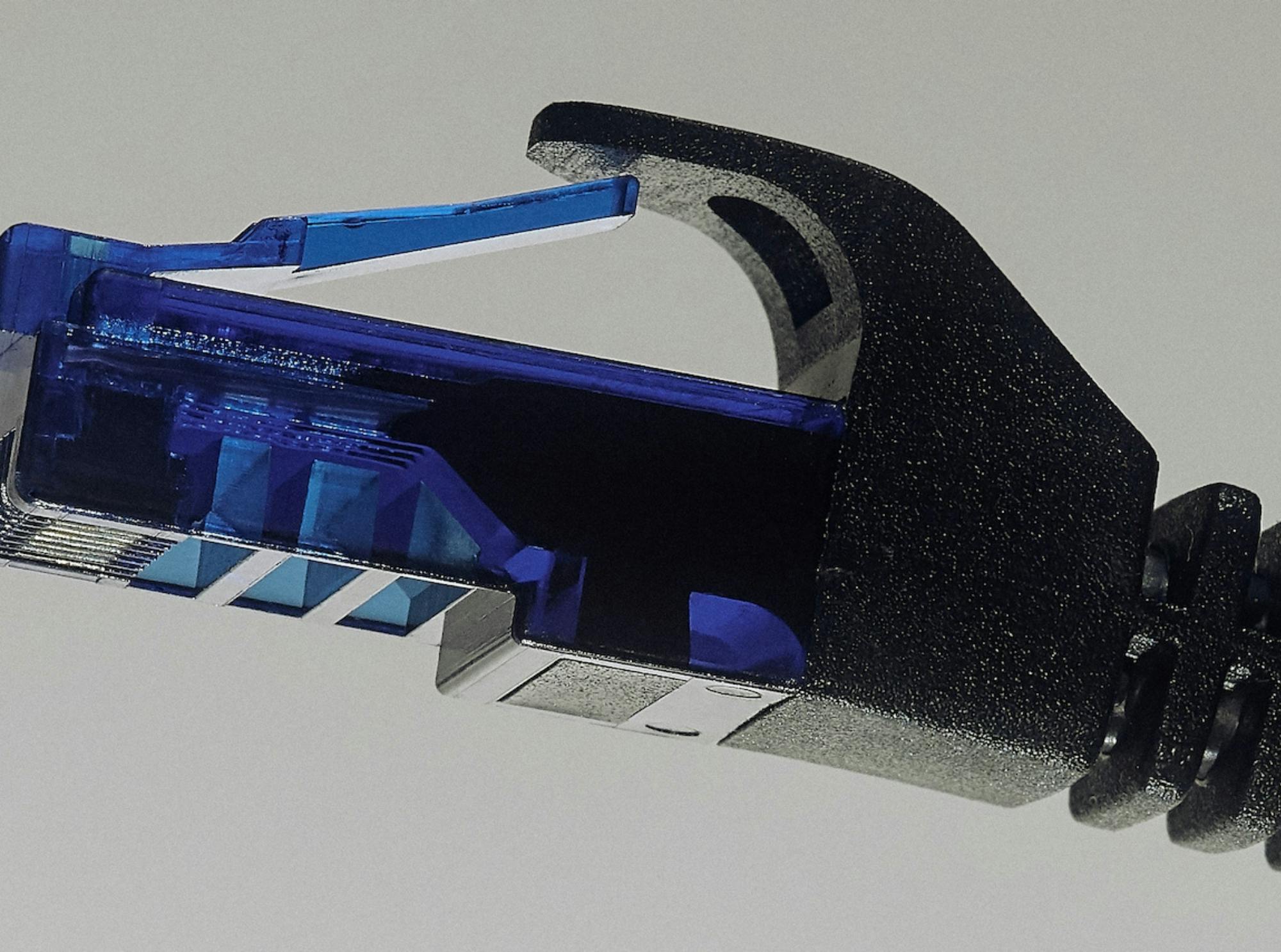The end of bad workplaces in tech is near

There is a vast discrepancy between what companies advertise (the best place to work, nurturing good work-life balance, being transparent, etc) and the reality.
Grab a beer and talk openly to anybody who was in tech long enough, and you will hear horror stories about 80 hours works weeks, terrible political games, backstabbing, and broken promises.
I have a friend of mine who is currently in Europe, and while we chatted, he sent me something like, “On one hand, US salaries are nice, but on the other hand, do I really want to get back living through this crap again?”. There are some decent companies, and there are some decent teams. However, they are outnumbered by companies with very questionable cultures.
However, I believe there is a tsunami wave that will change all of that on the horizon. For as long as I remember, there was significant asymmetry of information in employer-employee relations. Employers could have learned quite a lot about a candidate. They could have read their resume, called references, checked LinkedIn (starting from 2003), checked other media (Facebook, etc.), looked at GitHub, run a background check. There were tons and tons of data points available for employers. I don’t think all of them were utilized, but a company could have got all this info if they wanted. And they have the resources to do so.
Interestingly, the opposite wasn’t the case. Barely ten years ago, if you were joining any mid-size company, you were buying a pig in the poke. You had to spend a lot of time gathering even basic information. You could have asked questions on the interview, but do you genuinely believe they would share seriously damaging information about the company?
However, it started to change at some point. Thanks to Crunchbase (founded in 2007), we have info on funding, investors, acquisitions, and so on. Thanks to Glassdoor (founded in 2007), we can have some company reviews.
I think company reviews were an excellent idea. However, it got subverted by employers. I know companies are asking (and often pressuring) existing employees and interns to post positive reviews to improve bad company ratings.
The biggest missing piece - the real-time and truly anonymous feedback.
It’s guaranteed that you will work with people from your previous company again. As a result, when people leave, they prefer to keep it quiet even if they are disgruntled. Who wants to burn the bridges which you may need to use in two years. And the manager who you just pissed off may become your manager in the next company.
On top of that, it always felt like Glassdoor was relatively weak on anonymity. How many “Previous Employee, Principal Engineer, Worked in the company for five years” are there? Nobody would likely figure out who you are, but most people don’t want to take these chances.
And I think something has happened over the last couple of years.
First thing, many engineers were pushed way beyond breaking point (between companies increasing demands and the pandemic). I think everybody under the sky already talked about the great resignation coming.
Second, Blind (founded in 2013) became famous. I believe it perfectly fills the niche. It’s anonymous, and man… it’s vicious. They do wash company dirty laundry in public.
If great resignation happened in the past, it would have been almost a game of musical chairs. People would end up sitting on different chairs, but it will be the same set of chairs (companies) and the same set of people. Maybe a couple of unlucky ones will be kicked out.
However, the qualitative difference now is that you can learn about the inner working of a company now. You would have never got such information before (except if you have a great friend working in the company). People on blind talk about culture (and all problems of it), compensation, political games, and so on. The amount of internal information about how the company operates and where are the company's weak points is incredible.
I think Blind (and probably other companies which do similar things) completely reverse information asymmetry. New employees will be able to learn about the company way more with minimum time expenditure than companies can learn about a specific person.
I don’t think that all companies will start behaving perfectly and sing Kumbaya, but I think the feedback loop (between problematic culture and reaction to it) will become very tight.
It was risky to switch jobs before because you could have easily spent years to end up in the company with the same problems. Not anymore. The choice of where do you want to work is yours now.
